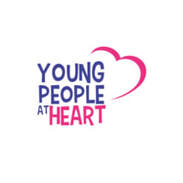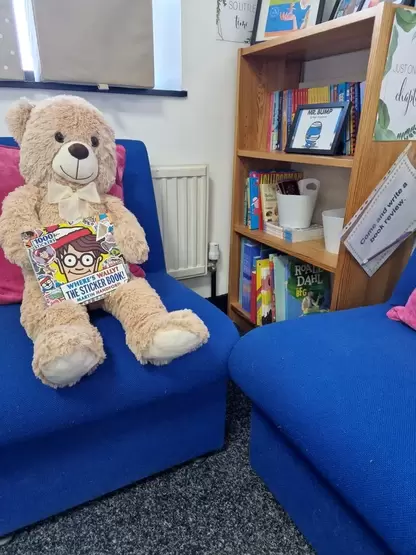 This Feel-Good Friday [8th September] we are celebrating International Literacy Day 2023. This year’s theme is ‘Promoting literacy for a world in transition: Building the foundation for sustainable and peaceful societies’. It looks to highlight the significance of literacy and numeracy in helping individuals and communities, as well as to encourage people to develop and improve their skills worldwide. Despite progress being made across the world, it’s thought that at least 750 million young people and adults lack basic literacy skills, like reading and writing. Although here at Young People at Heart many of our young people come to us not meeting their age-related targets in core subjects including reading, we are so pleased that our foster carers and staff team are able to support their young people in improving skills such as phonics and reading to get them to a point of reading unaided and going on to surpass expectations (which has recently been outlined in some brilliant exam results)! We are so grateful to work closely with the National Literacy Trust, who are an independent charity dedicated to giving children the literacy skills they need to succeed. Due to the brilliant work they do, we can give our young people a new book to keep and enjoy reading, every few weeks. The Literacy Corners in our offices are kept nice and full for our young people to come in and choose a book.
What are the benefits of reading to children? Bonding Reading provides a wonderful opportunity for you and a young person to connect. It’s a nice way to spend time together and slow down during an otherwise hectic day. Plus, people who have a positive attitude toward books and reading in turn help their children view literacy in a positive way. Listening skills Hearing a story read aloud involves some level of comprehension on a young person’s part. And comprehension is dependent on paying attention — in other words, listening skills. Cognitive and language development Reading books to young people helps expand the number and variety of words they use. The books you read can often contain words you might not otherwise use in your everyday communications. While reading a book, you might end up using more specific names for different plants or animals or use more adjectives. Attention span Reading to children helps them develop key concentration and self-discipline skills. Creativity Books and stories open up a whole new world to a young person. Yes, there are plenty of nonfiction books on dinosaurs, bugs, and airplanes. Fiction stories, though, go beyond the real world and employ fantasy elements that get kids thinking outside the box. Children have vivid imaginations as is, so reading serves to further feed their creativity. Life lessons Books provide an opportunity to talk about real-world situations in age-appropriate ways. Young people especially enjoy books that feature children their own ages doing things they do in everyday life. Along with modelling what happens in various situations, reading books on targeted subjects may help children not feel alone when they deal with something new, like moving, or something potentially uncomfortable, like going to the dentist. Reading stories about potentially emotional situations, like starting at a new school, can help get a conversation going and show children that their feelings are normal. Source: www.youngpeopleatheart.org/ Comments are closed.
|
News & JobsNews stories and job vacancies from our member agencies, the fostering sector and the world of child protection and safeguarding as a whole. Browse Categories
All
|
|
The Fairer Fostering Partnership
c/o TACT Fostering Innovation House PO Box 137 Blyth NE24 9FJ |


 RSS Feed
RSS Feed
